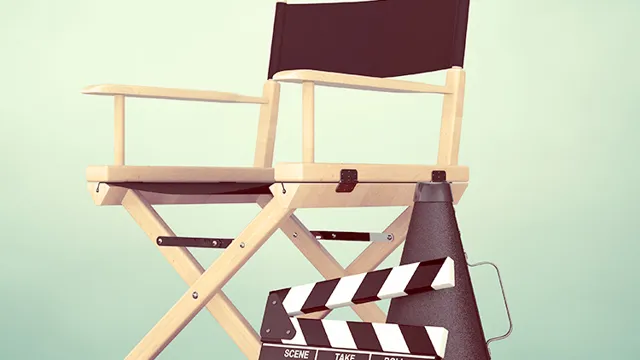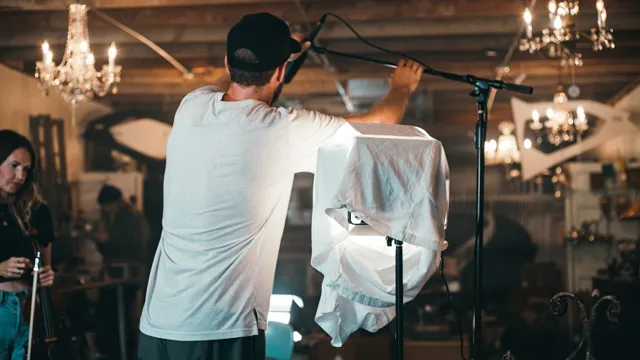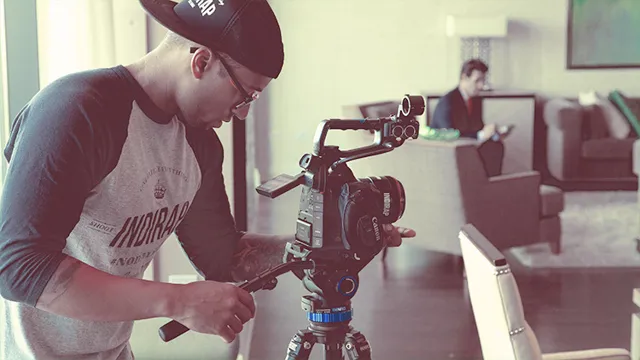Finance for Non Finance Directors
Institute of Directors
Part of the IoD Certificate in Company Direction
- 34 enquiries
- Classroom
- 3 days · Full-time
- Certificate(s) included
- Tutor support
Popular
This course has been designed to demystify the world of finance for non-finance directors and senior managers. It will give you an understanding of key financial concepts and terminology. You will leave with the skills and knowledge needed to evaluate business plans,
…








